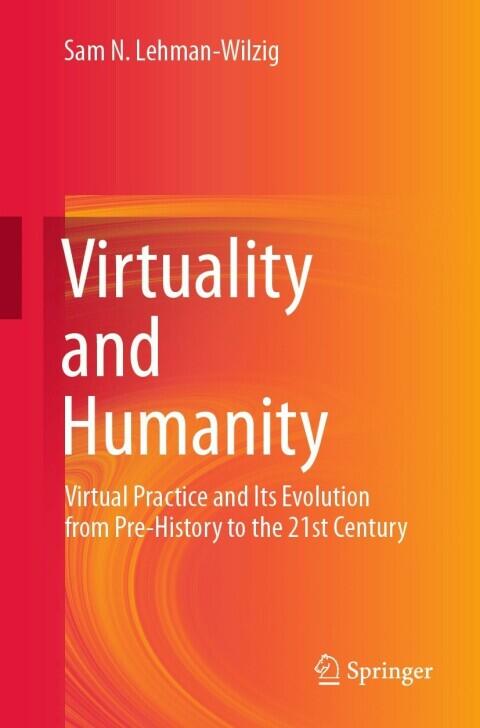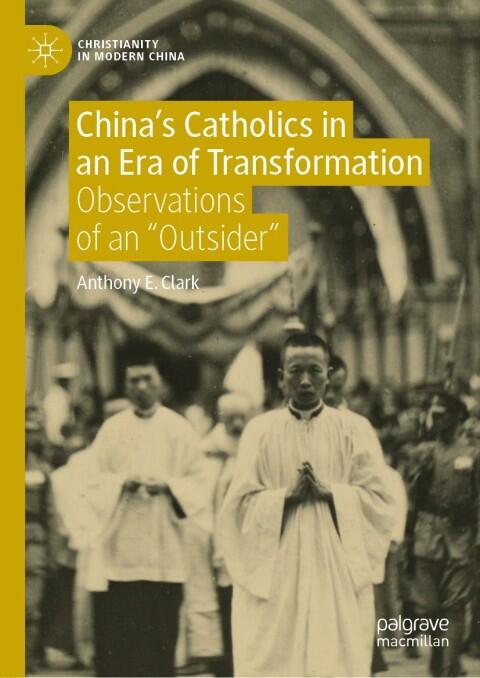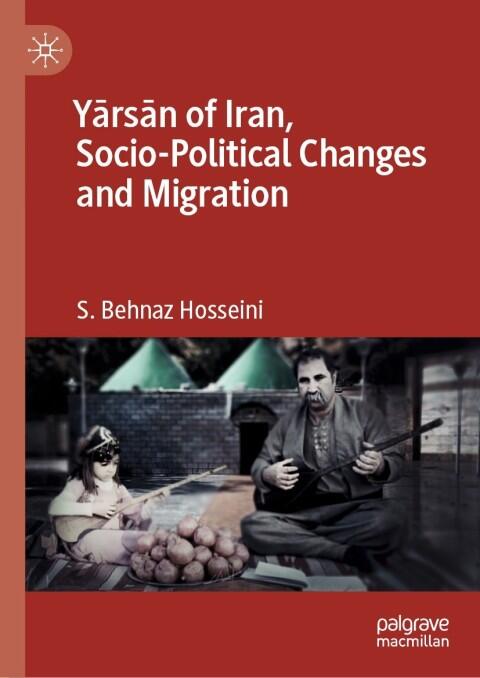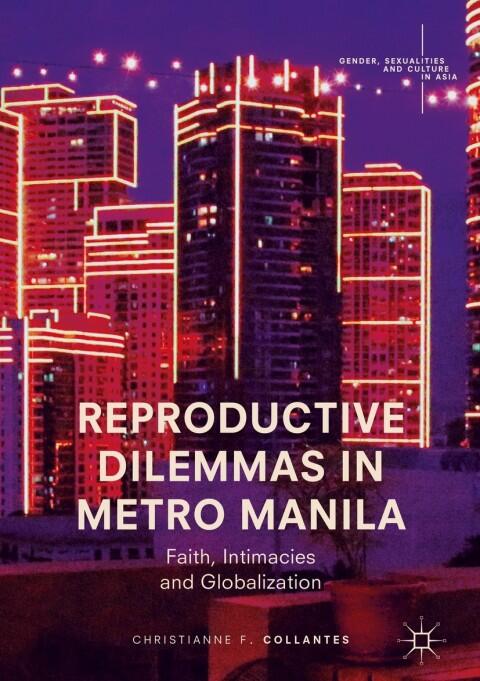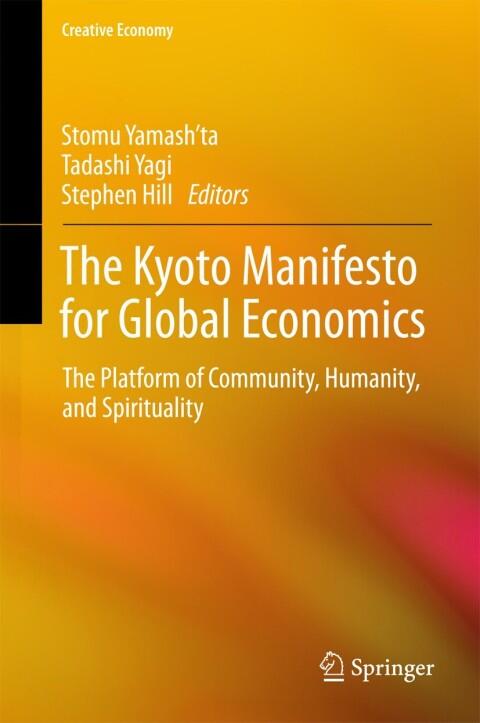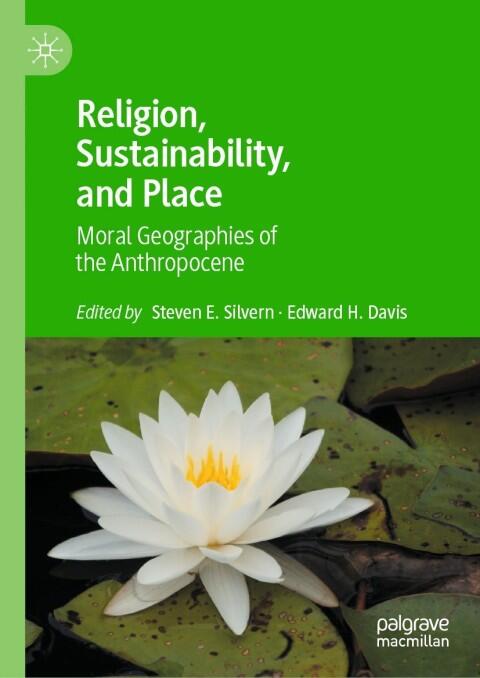
Religion, Sustainability, and Place: Moral Geographies of the Anthropocene
Nog geen beoordelingen
Romance
Action & Adventure
Religion & Spirituality
Formaat
Kindle
Pagina's
433
Taal
Chinees
Gepubliceerd
Jan 1, 2020
Uitgever
Palgrave Macmillan
Editie
1st ed. 2021
ISBN-10
9811576467
ISBN-13
9789811576461
Beschrijving
In this insightful examination, the interplay between religion and sustainability is laid bare, revealing how faith communities are engaged in building more sustainable environments. The authors delve into the concept of moral geographies, highlighting how different religious traditions envision their roles within the Anthropocene epoch. By weaving together narratives, they illustrate the profound connections that exist between spiritual beliefs and ecological stewardship.
Silvern and Davis draw upon a rich tapestry of case studies that showcase the initiatives led by various religious groups. From grassroots movements to larger institutional frameworks, these communities strive to foster an ethic that prioritizes the welfare of the planet alongside their spiritual mandates. The book argues that these moral imperatives not only inform religious practices but also influence broader societal values and behaviors toward sustainability.
Throughout the text, readers are invited to consider how the sacred spaces created by religious traditions can serve as catalysts for environmental awareness and action. The authors present a compelling vision of how faith can play a vital role in addressing the pressing challenges of climate change and resource depletion.
Ultimately, this work not only emphasizes the significance of place and belonging in shaping religious attitudes toward the environment but also advocates for a more integrated approach to sustainability—one where spiritual and ecological considerations go hand in hand for the betterment of society as a whole.
Silvern and Davis draw upon a rich tapestry of case studies that showcase the initiatives led by various religious groups. From grassroots movements to larger institutional frameworks, these communities strive to foster an ethic that prioritizes the welfare of the planet alongside their spiritual mandates. The book argues that these moral imperatives not only inform religious practices but also influence broader societal values and behaviors toward sustainability.
Throughout the text, readers are invited to consider how the sacred spaces created by religious traditions can serve as catalysts for environmental awareness and action. The authors present a compelling vision of how faith can play a vital role in addressing the pressing challenges of climate change and resource depletion.
Ultimately, this work not only emphasizes the significance of place and belonging in shaping religious attitudes toward the environment but also advocates for a more integrated approach to sustainability—one where spiritual and ecological considerations go hand in hand for the betterment of society as a whole.
Recensies
Nog geen beoordelingen
Wees de eerste om dit boek te recenseren en deel je gedachten
Voeg Eerste Recensie ToeLeeslogboek
Geen leeslogboeken gevonden
Begin met het volgen van je leesvoortgang om logboeken hier te zien
Voeg je eerste leeslogboek toeNotities
Geen notities gevonden
Begin met het toevoegen van notities om ze hier te zien
Voeg je eerste notitie toeTransactielogboek
Geen transactielogboeken gevonden
Begin met het volgen van je boektransacties om logboeken hier te zien
Voeg je eerste transactielogboek toe